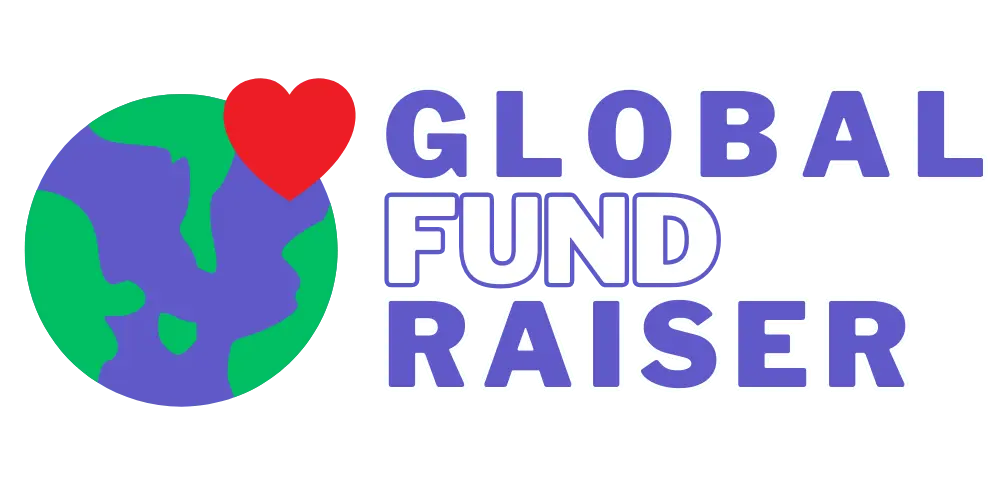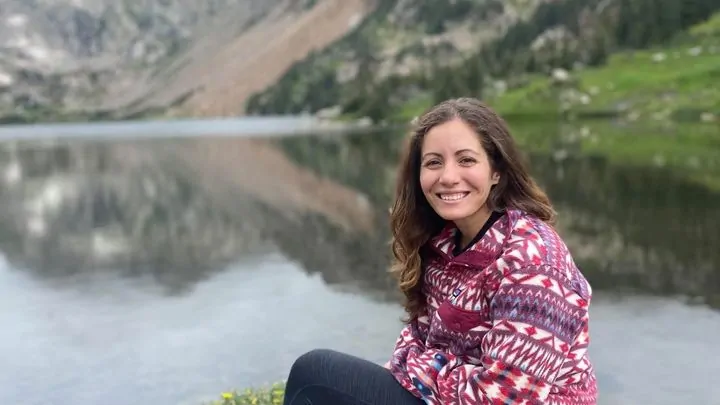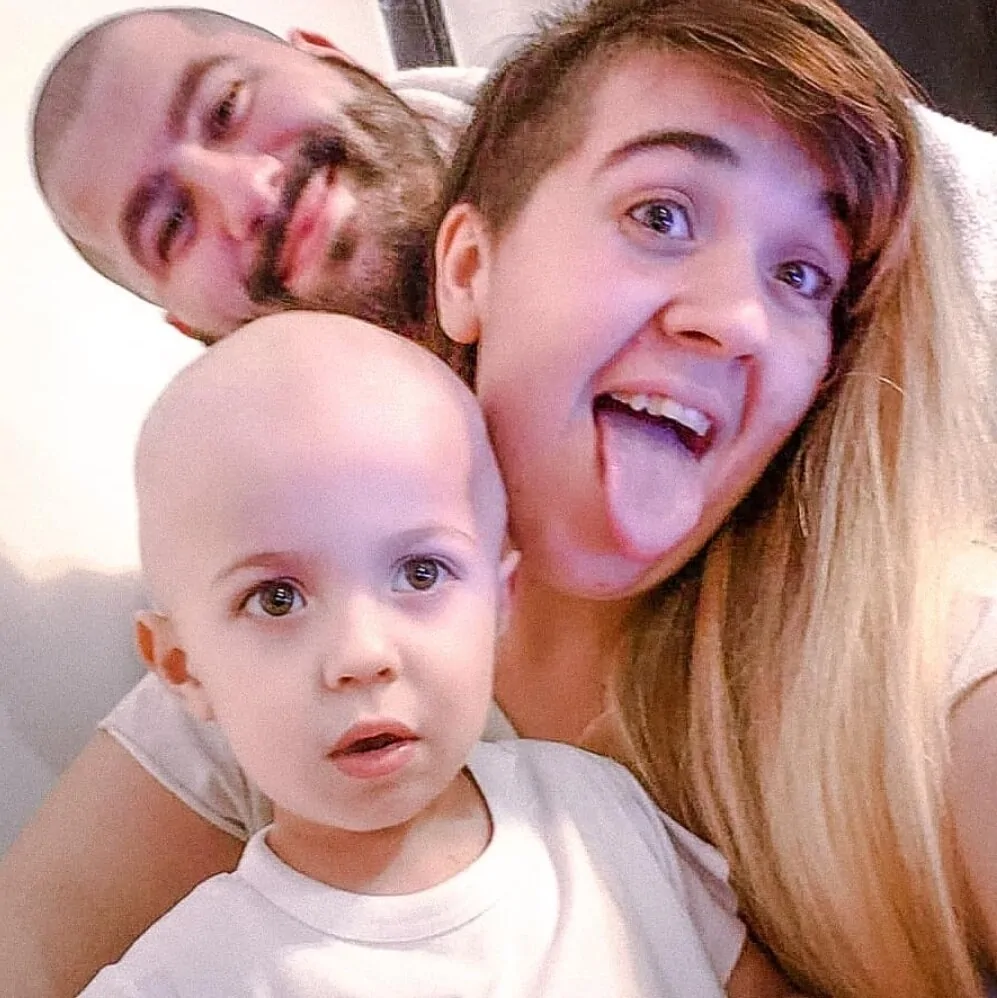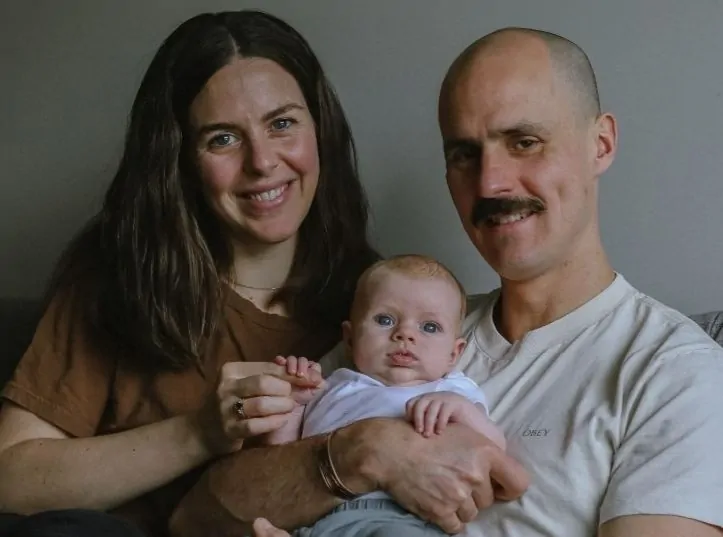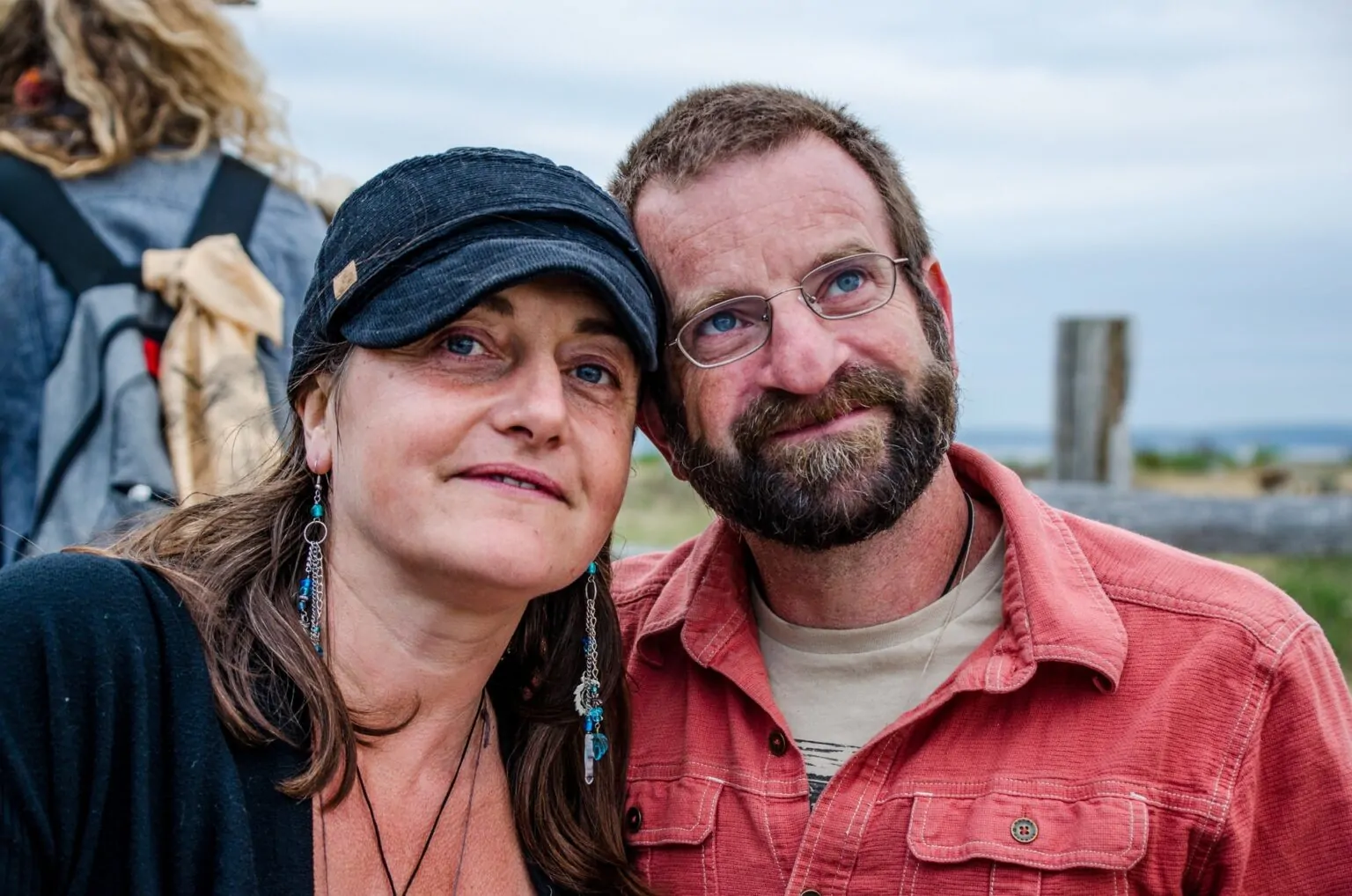Nuha’s cancer journey:
On February 27, 2025, Nuha discovered a mass in her left breast. At the time, she was completing a humanitarian mission in the Gaza Strip, providing support to healthcare workers in Gaza.
Upon returning from her mission, she immediately sought medical care and, after several biopsies, ultrasounds, and other testing, she was officially diagnosed with invasive ductal carcinoma in the left breast, Stage 2b and Grade 3 on April 7, 2025. Stages are zero to four and increased stages indicate cancer spread and advancement in severity. Grades are one to three with higher grade meaning more abnormality and faster growth/spread rate. The size of the tumor was also large. The combination of her age (32), stage, grade, and tumor size indicated need for urgent treatment.
On May 15th, she underwent surgery for double mastectomy. She’s recovering well from the surgery thanks to a great medical team and support of friends, colleagues, and family members.
In the next month, she’ll begin chemotherapy, followed by radiation, followed by immunotherapy.
For those who are unfamiliar with cancer and treatment:
I’m sharing this info because prior to talking through her diagnosis with her, I myself was unaware of the full costs and burdens of cancer treatment that she’ll be forced to endure. I want to share so everyone can also have an understanding and to help increase awareness about what it’s like to be a cancer patient in our US healthcare system.
Costs: This includes meeting your deductible, out of pocket maximum, co-payments, procedures/services that are out of network, procedures/services that are not covered by insurance, other costs associated with treatment (e.g., transportation to appointments when you medically cannot drive, at home care equipment such as mastectomy clothing) and other costs associated with comfort and daily living while managing care (e.g., food). These are just some of the things Nuha has and will deal with.
Treatment: Is complex requiring the patient to coordinate and navigate separate medical services, insurance and other care coordination. In her case even separate hospital systems. It can be daunting, time consuming and confusing.
Most people are familiar with the earlier stages of treatment such as surgery or chemotherapy. However, other treatments such as oncology medication are required for 5-7 years. Additionally, while chemotherapy is life saving the treatment can result in additional complications and/or need for further treatment. For example, chemotherapy may cause infertility.
Support: Many people want to support their loved one with cancer. It’s important to listen to them and honor their wishes. Remember that the cancer patient may be emotionally overwhelmed. They are experiencing physical pain and significant changes in their body. They constantly have to navigate complicated hospital and insurance systems, which require hours of appointments and phone calls. Asking for support requires the cancer patient to be vulnerable and rely on others. Remind yourself of this and trust that they know what kind of help they need. Cancer patients may make specific requests when their loved ones offer support. Everyone is different, and no two people have the same needs. If a patient declines a type of support offered to them, it is not personal. Again, trust in them to know what is best for their own situation.
About Nuha
For those that don’t know Nuha, she takes the sentiment, “Be the change that you wish to see in the world.” to heart. She’s been an active member of Habitat for Humanity, Alternative Spring Break, and the Office of Community Outreach as an undergraduate student. During this time, she completed 8 service trips through these organizations including building homes for survivors of natural disasters in South Carolina, Georgia, and Iowa. Her next service experience was studying abroad in Cape Coast Ghana where she worked at Aboom, a school for children with intellectual and emotional disabilities, as well as the Social Welfare Department where she piloted programs that provided financial assistance to families in need. She received the Ohio Campus Compact Award for my years of service as an undergraduate student. After graduation, she served for one year in AmeriCorps National Civilian Community Corps (NCCC). In NCCC, she led a team on three missions within the Federal Emergency Management Agency (FEMA) Corps branch of NCCC. The projects were 1) responding to flood crisis, 2) answering the disaster crisis hotline for survivors of natural disasters, and 3) a fire-safety prevention program for low-income and older adults. After her year of service she perused a doctorate in psychology so that she can further support communities in need. As a graduate student, she led several service initives including providing trainings to prevent sexual assault on college campuses, educating healthcare providers on the needs of immigrant communities, and fundraiser for survivors of the hurricane in Puerto Rico. As a professional, she continues to work on improving the healthcare system and healthcare services for those in need, particularly underserved communities of color, low-income communities, and survivors of torture.
So, I’m asking for your help to give to a person that has given so much to her friends, family, community and even the world. Thank you for taking the time to read all this and thank you for your support!
